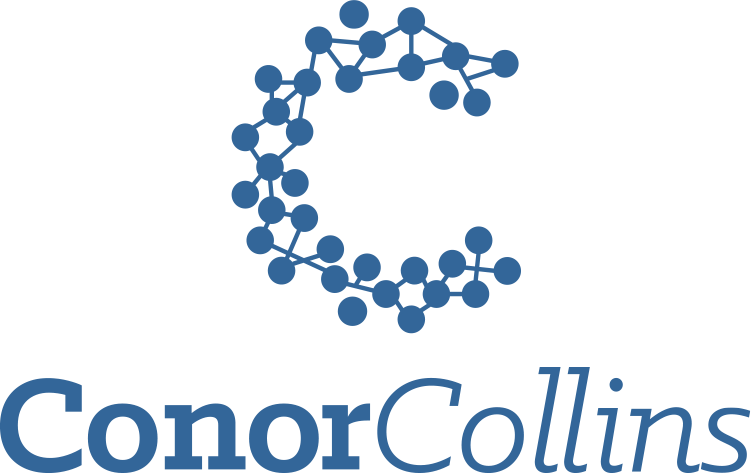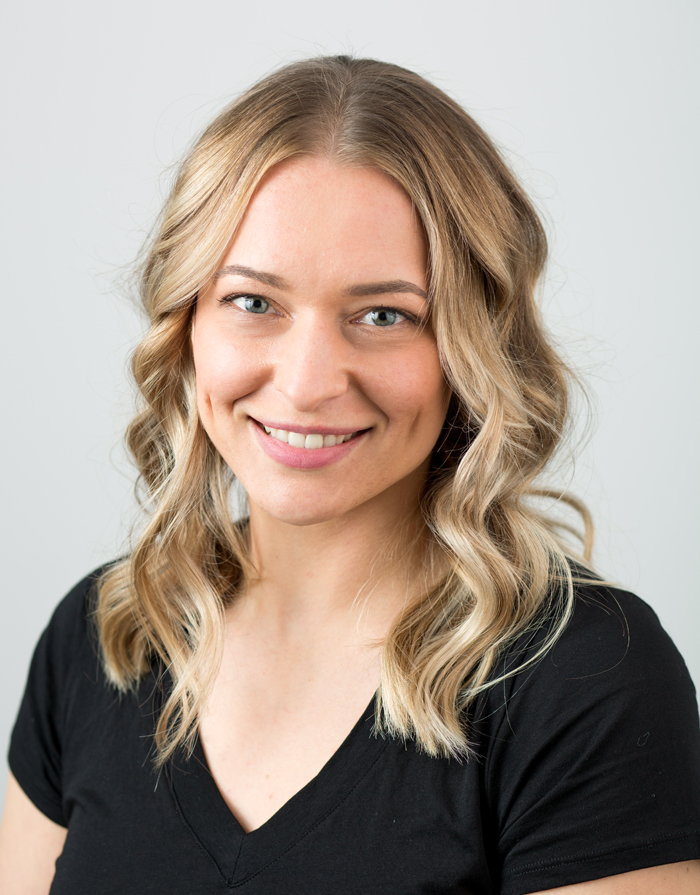Concussion injuries can be complex for some people. While most recover from concussion within a month, 1 in 5 people will go on to develop persistent post-concussive symptoms (Silverberg et al., 2020). Registered massage therapists (RMTs) trained in concussion management are often an important component of a person’s rehabilitation from persistent post-concussive symptoms. We are perfectly positioned as part of allied healthcare to be able to make a meaningful difference in people’s experience with persistent post-concussive symptoms.
Persistent post-concussive symptoms can manifest in a multitude of ways. The most common persistent post-concussive symptoms include (but are not limited to): headache or migraine, anxiety, and sleep dysfunction (McRory et al., 2017). These symptoms are often exacerbated by the autonomic nervous system, which can create a state of hyper-vigilance within a person. In turn, this hyper-vigilance can negatively feedback into a person’s perception of symptom severity and frequency, making them feel worse. It’s a similar feedback loop to chronic (persistent) pain. People end up feeling helpless, and they often start believing that they have no control over the incidence or severity of their symptoms.
Looking at the breadth of allied healthcare, RMTs are of the most qualified and experienced therapists available to help down-regulate a hyper-vigilant autonomic nervous system response. Here is why:
We have the time.
Massage therapists are lucky, most of us see people based on a 60-minute treatment window. We live in a time where the healthcare system is saturated with people in need, and conventional healthcare providers are feeling the weight of an over-burdened system, resulting in longer waitlists and shorter appointment times. Shorter appointment times often come from a place of wanting to accommodate patient volume, but people end up feeling like a number instead of a person first. In cases where people are dealing with persistent symptoms (of any kind), it’s important for them to feel validated and supported in healthcare appointments.
Massage therapists can do so much good in the span of 60-minutes, especially in circumstances where a person is dealing with persistent post-concussive symptoms. By this point, a lot of people have seen a number of specialists, and have shifted into a headspace where patience is lacking for their circumstances. In the time of 60-minutes, massage therapists are able to provide hands-on treatment, education, perspective, and a renewed sense of support within a strained healthcare system.
Collaborative care is the way.
Since the 1950s, there has been a movement in medicine to recognize the importance of collaborative care amongst different healthcare professions. Collaborative care is person-centred and can include massage therapy. In some contexts, such as concussion management, adding a massage therapist to a person’s care team can be a very valuable asset.
According to recent research, collaborative care leads to “significant improvement” in the management of different chronic diseases or conditions, and has been shown to being “cost-effective” in the end (Ivbijaro et al., 2014). As mentioned above, massage therapists have the time to connect with their clients in session. In my experience working in collaborative care, the client will often open up about stressors in rehabilitation. This offers the therapists an
opportunity to communicate and to address client concerns. A care team responsive to client concerns will show the person that their therapists are listening, and are able to pivot the care offered to meet the need. Meeting their needs often solidifies trust in the care team, increases client buy-in, and benefits the rehabilitation process overall.
Our services are covered by most insurance plans.
Some people are in need of care where the therapist has specialized training. Massage therapists that have continuous training in concussion management become very important in cases where a client is experiencing persistent post-concussive symptoms. Being covered by most insurance plans helps people access the kind of care they feel they need, especially when they might have already tried a multitude of other therapies that can drain finances. Massage therapists have their services covered by most insurance plans, which helps alleviate some of the barriers to care.
We have the hands-on skills matched with education.
Our College education provides us with enough information on the nervous system to understand the importance of nervous system regulation, but further education through CEU courses offers the development of skills needed when addressing complex rehabilitation. When considering persistent post-concussive symptoms, many people have co-morbidities, complex health histories, trauma, and unresolved overlapping symptoms that often need to be addressed like a layered onion. In persistent post-concussive symptom rehabilitation, specialized training helps us massage therapists provide appropriate care. Thankfully, we have access to CEU courses from qualified instructors that provide us with further education.
Concussions can be a daunting injury to assess, treat, and rehabilitate. Good news: our Understanding the Complexity of Concussion course is being offered once again! If you’re a massage therapist and would like to develop your clinical understanding of concussions and help the people in your care, consider expanding your knowledge by accessing this valuable resource. Registration is now open for the October 2022 course!
Link here: https://conorpcollins.com/courses/
References
Ivbijaro, G.O., et al. (2014). Collaborative Care: Models for Treatment of Patients with Complex Medical-Psychiatric Conditions. Current Psychiatry Reports, 16 (11): 506. doi: 10.1007/s11920-014-0506-4
McCrory P, et al. (2017). Consensus statement on concussion in sport—the 5th international conference on concussion in sport held in Berlin, October 2016. Br J Sports Med 2018; 51:838–847. doi: 10.1136/bjsports-2017-097699
Silverberg, N.D., et al. (2020). Management of Concussion and Mild Traumatic Brain Injury: A Synthesis of Practice Guidelines. Archives of Physical Medicine and Rehabilitation, 101(2): 382-393. doi: https://doi.org/10.1016/j.apmr.2019.10.179
About the Author
Ashley is a Massage Therapist from Moncton, New Brunswick with a special interest in managing concussions and persistent pain. Outside of clinical practice, she is a Lead Instructor in our “Understanding the Complexity of Concussion” courses as well as the Editor of this website’s blog. She recently became a College Instructor in massage therapy at ACTM in Fredericton, New Brunswick.
Ashley decided to pursue massage therapy as a second career in order to help others. With prior experience in the field of Archaeology at the Master’s level, Ashley is an integral part of course development, helping to improve and assess the quality of our course delivery.



Recent Comments